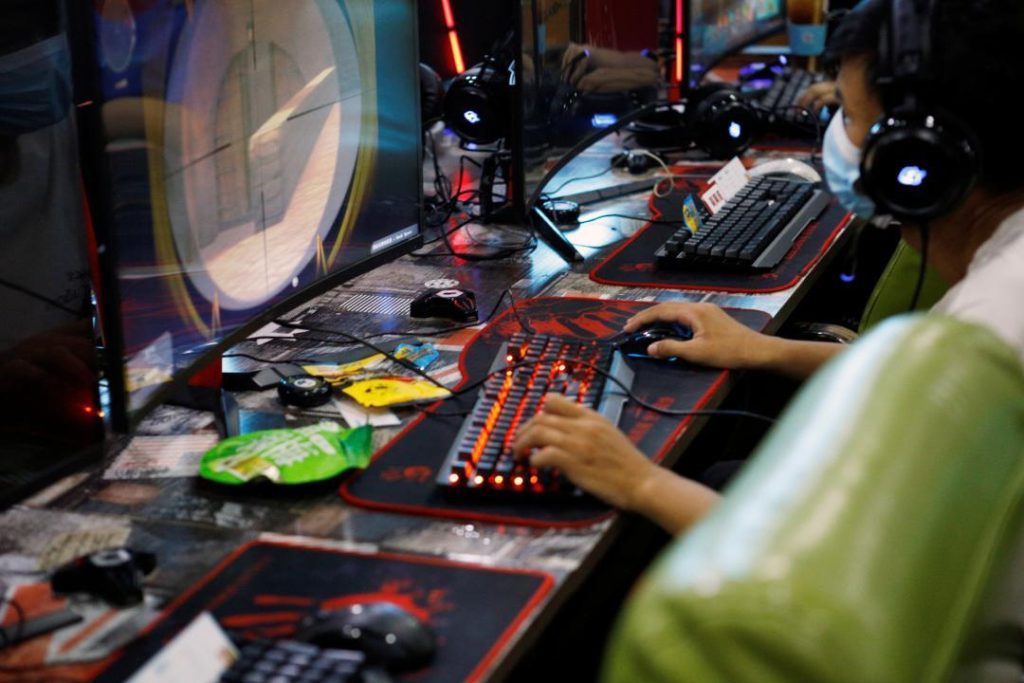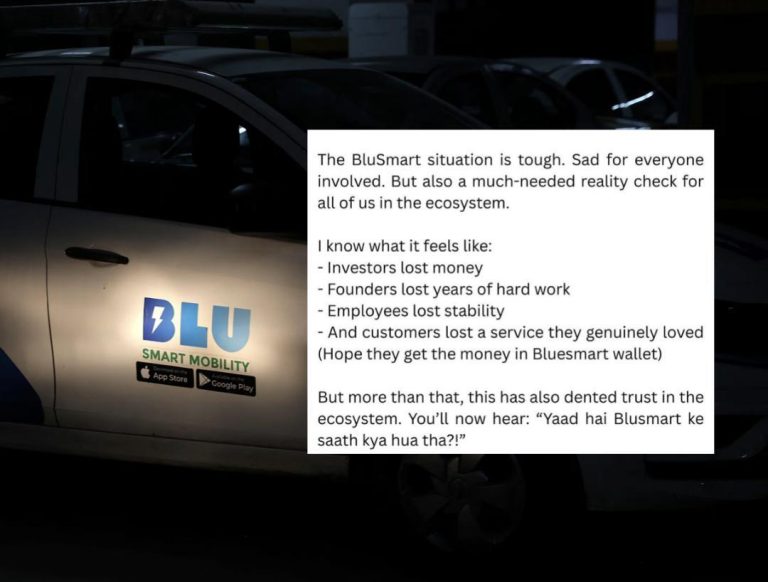
Man Gets “Virtually Slapped” 4,800 Times with Eggs & Sandals, Sues Gaming Firm in China
The world of online gaming has long been a platform for people to express themselves, blow off steam, and engage in competitive play. However, a recent incident in China has taken this concept to a new level, with a Chinese man suing a gaming firm over what he claims is harassment he suffered in a multiplayer game.
The man, who has chosen to remain anonymous, is suing the makers of the popular game “Three Kingdoms Kill Online” over claims of harassment and emotional distress. According to his lawsuit, he was repeatedly “virtually slapped” by other players in the game, with a total of 4,800 instances of this over a six-month period.
The peculiar aspect of this case is that the “slaps” were not just virtual, but were accompanied by in-game items such as eggs and sandals. Players would use these items to express frustration or anger towards the plaintiff after he won games, causing the in-game character to be slapped.
The plaintiff claims that seeing other players slap him in-game, often in front of a large audience, caused significant harm to his self-esteem. He alleges that this prolonged exposure to the virtual abuse led to depression and a decline in his mental health.
The lawsuit filed by the plaintiff claims that the game’s developers failed to take adequate measures to prevent this kind of harassment from occurring. He is seeking compensation for his emotional distress, as well as damages for the harm caused to his mental health.
This case highlights the blurred lines between the virtual and real worlds, as well as the potential consequences of online behavior. While gaming is often seen as a harmless activity, the impact of online harassment can be just as severe as any other form of bullying or abuse.
The incident also raises questions about the responsibility of game developers to ensure a safe and respectful environment for their players. While players may have a certain level of agency in the game, the actions of others can have a significant impact on their experience.
The lawsuit has sparked a wider conversation about online gaming and the need for greater regulation and oversight. Many are calling for game developers to take a more proactive approach to addressing harassment and bullying in their games, and for players to be held accountable for their actions.
As the case continues to unfold, it will be interesting to see how the courts respond to the plaintiff’s claims. Will they find in favor of the plaintiff, or will they rule that the incident was not severe enough to warrant compensation? Whatever the outcome, this case serves as a reminder of the importance of maintaining a respectful and safe online environment.
Source:





